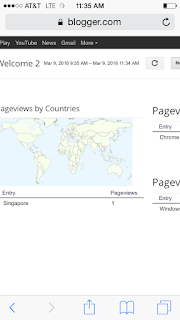Singapore (
The islands were settled from the second century AD by a series of local empires. In 1819, Sir Stamford Rafflesfounded modern Singapore as a trading post of the East India Company; after the company collapsed, the islands were ceded to Britain and became part of its Straits Settlements in 1826. During World War II, Singapore was occupied by Japan. It gained independence from Britain in 1963, by uniting with other former British territories to form Malaysia, but was expelled two years later over ideological differences. After early years of turbulence, and despite lacking natural resources and a hinterland, the nation developed rapidly as an one of the Four Asian Tiger economies, based on external trade and its human capital.


